Access to justice is tool of social emancipation, says CJI Ramana
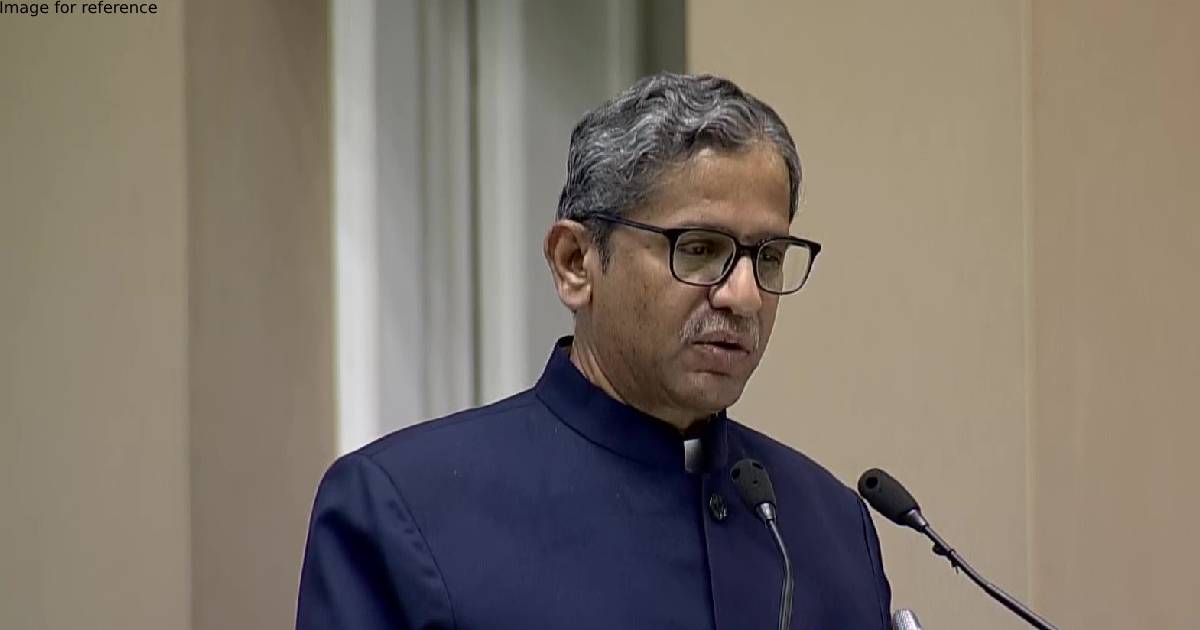
New Delhi: Chief Justice of India NV Ramana on Saturday said that access to justice is a tool of social emancipation.
CJI Ramana's remarks came while addressing the 1st All India District Legal Services Authorities Meet organized by the National Legal Services Authority (NALSA). "Modern India was built around the goal of removing the disparities in society for that democracy is a space of providing participation for all," the CJI said.
"Participation will not be available without social emancipation. Access to justice is a tool of social emancipation. The Legal Services Authority Act, 1987 was enacted with the objective of reaching the person at the bottom of the pyramid," he added.
Reflecting upon the affordability of the justice delivery system by the citizens, Ramana said, "The reality that today is only a small percentage of the population can afford justice delivery system when in the need. Many people suffer in silence, lacking awareness and necessary means."
CJI lauded NALSA as it offers legal aid to 70 per cent of the population which makes it the biggest legal aid provider in the world.
Many objectives of NALSA have been translated into social realities. This was made possible because of the sincere efforts of dedicated judges and advocates who have been shaping the policies and paving the roadmap of NALSA in the last 27 years, he said.
He highlighted that conditions of undertrials, effective representation of prisoners in front of judicial forums, strengthening the Alternative Disputes Resolution (ADR), and Lok Adalats, are a few of the issues in the Indian Judicial system, which call for active consideration and intervention.
The CJI said, "The most important aspect calls for active consideration and intervention in relation to the condition undertrials. I am happy to note that NALSA is actively collaborating with all stakeholders in securing much-deserved relief in undertrials."
"The next issue is the effective representation in front of judicial forums. We need sincere and dedicated jail visiting advocates. Jail visiting advocates can later become defence counsels. Such advocates must also access the families of prisoners. The counsels must be aware of the needs of the prisoner and must make appropriate and timely applications before the authorities," the CJI added.
While talking about strengthening the ADR and Lok Adalat, he said, "It is an important item on the agenda. ADR, Lok Adalats, gram nyayalas, and mediation and arbitration centre have the potential to transform the legal landscape of India by providing millions of people a platform to settle their grievances."
"Matters ranging from matrimonial disputes, intergovernmental disputes, and land acquisition can be resolved through mandatory ADR, this will not only reduce pendency and backlog and will provide much-needed speedy justice to affected parties," he stated.
Talking about the challenges before the Indian judiciary, Ramana pointed out that the challenges are enormous, the issues of the condition of service, women's ratio, etc.
"I hope all the agencies will work together to sort out other issues as well. Today technology has become a great enabler. I urge all of you to use modern technology rules to enhance the pace of justice delivery," he added.
Talking about the participation of law students in legal aid, he said, currently, approximately 1,701 universities and colleges are producing lakhs of law graduates. The interaction will not only be important for highly marginal people but also beneficial to students in career and personal development.
This engagement will give necessary exposure to students' grassroot realities of the country and judicial system. This is a golden opportunity to interact with their first-ever client and make a substantial difference in their life. This service in society will shape their values and ground them in existing social realities, he added. (ANI)

.jpg)
.jpg)
.jpg)
.jpg)
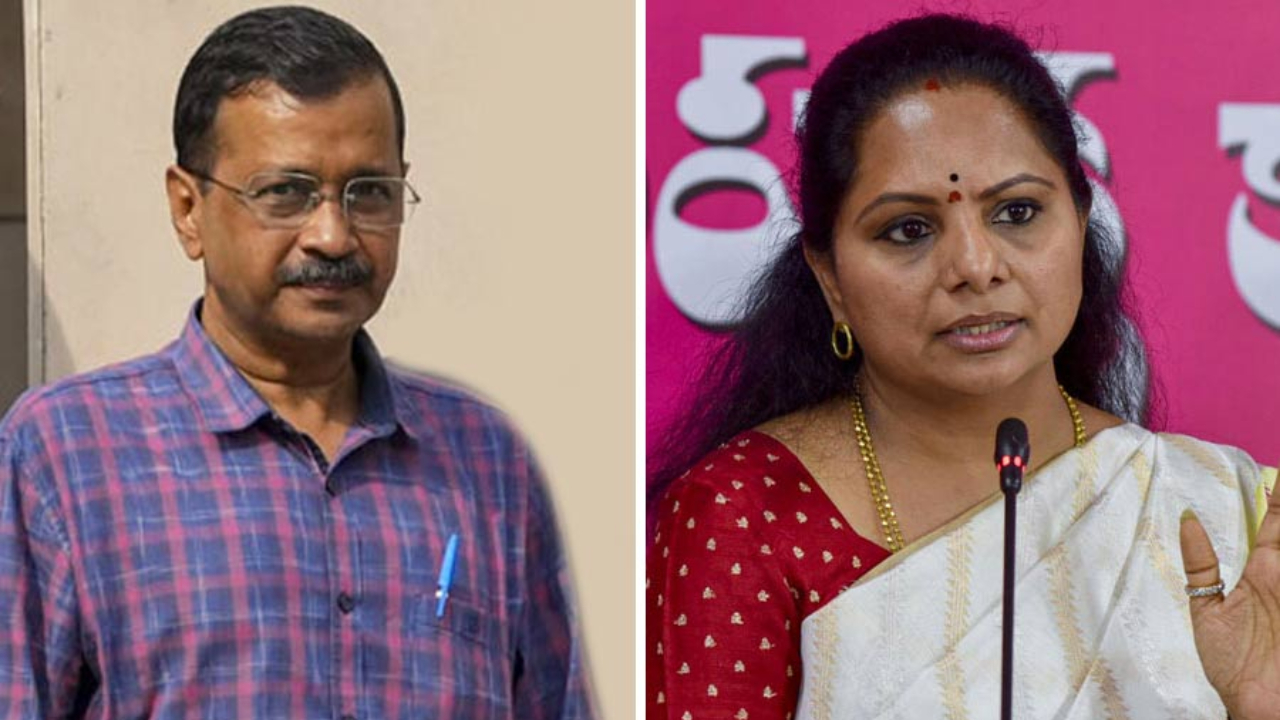
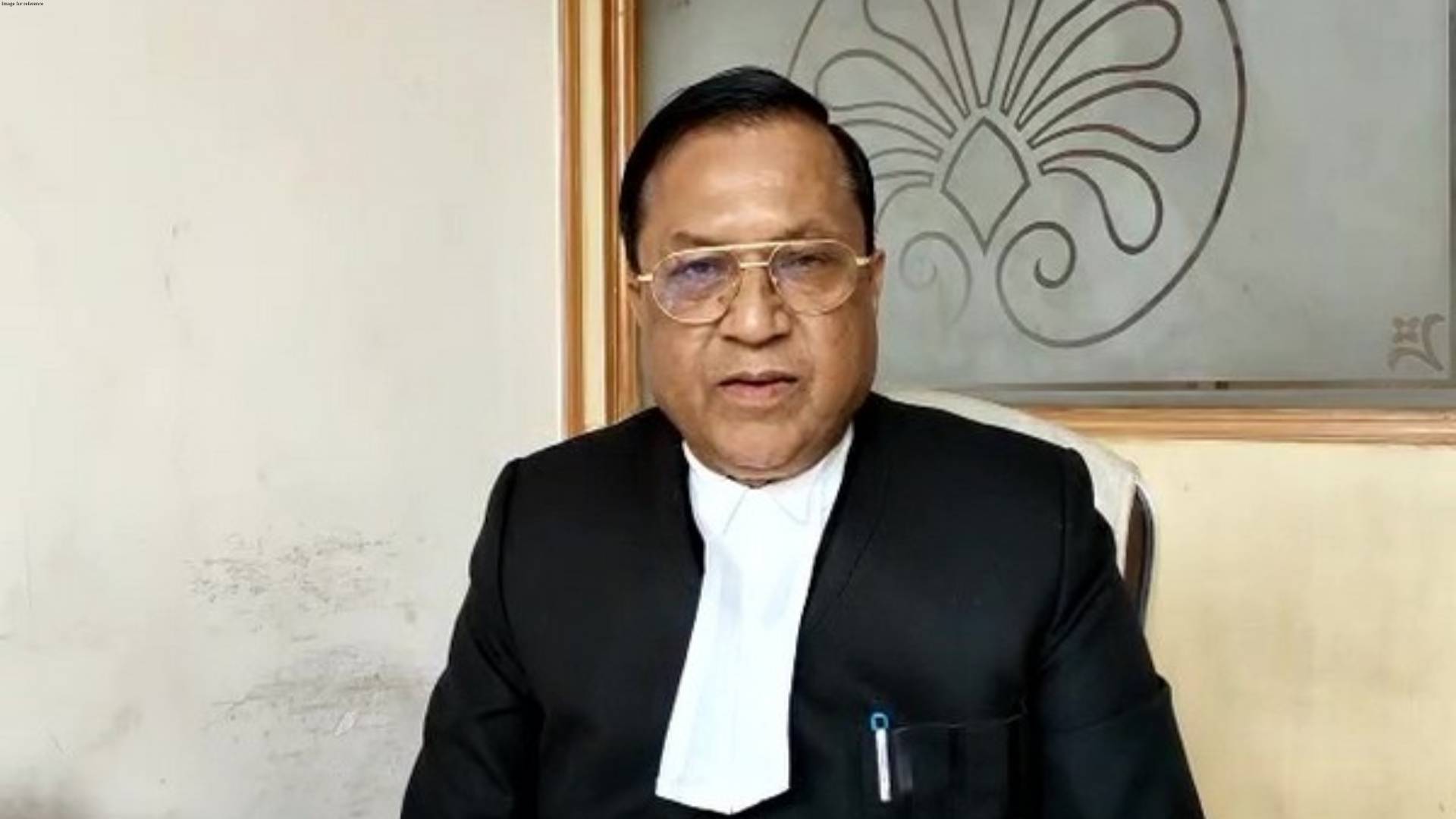
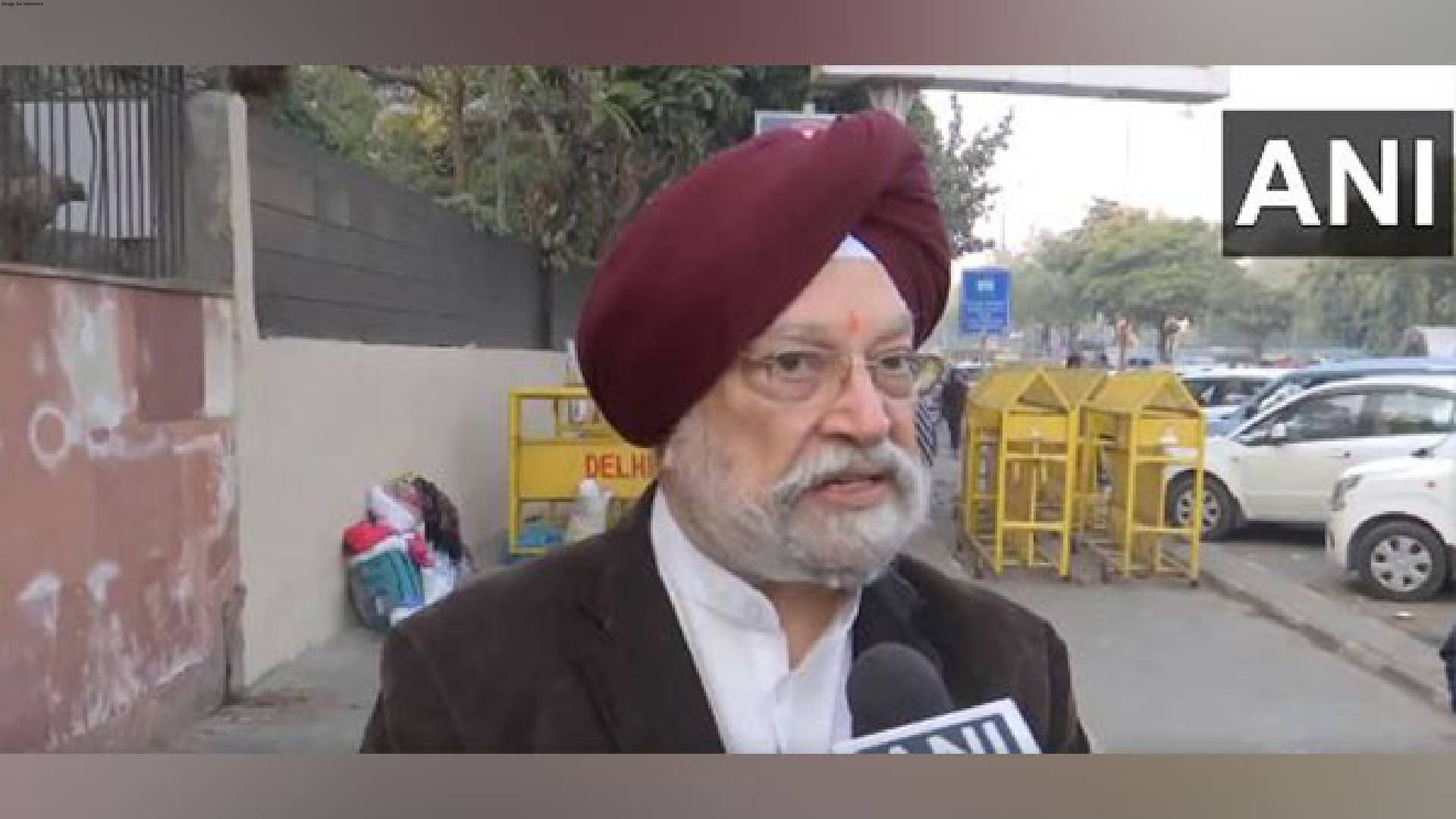

.png)

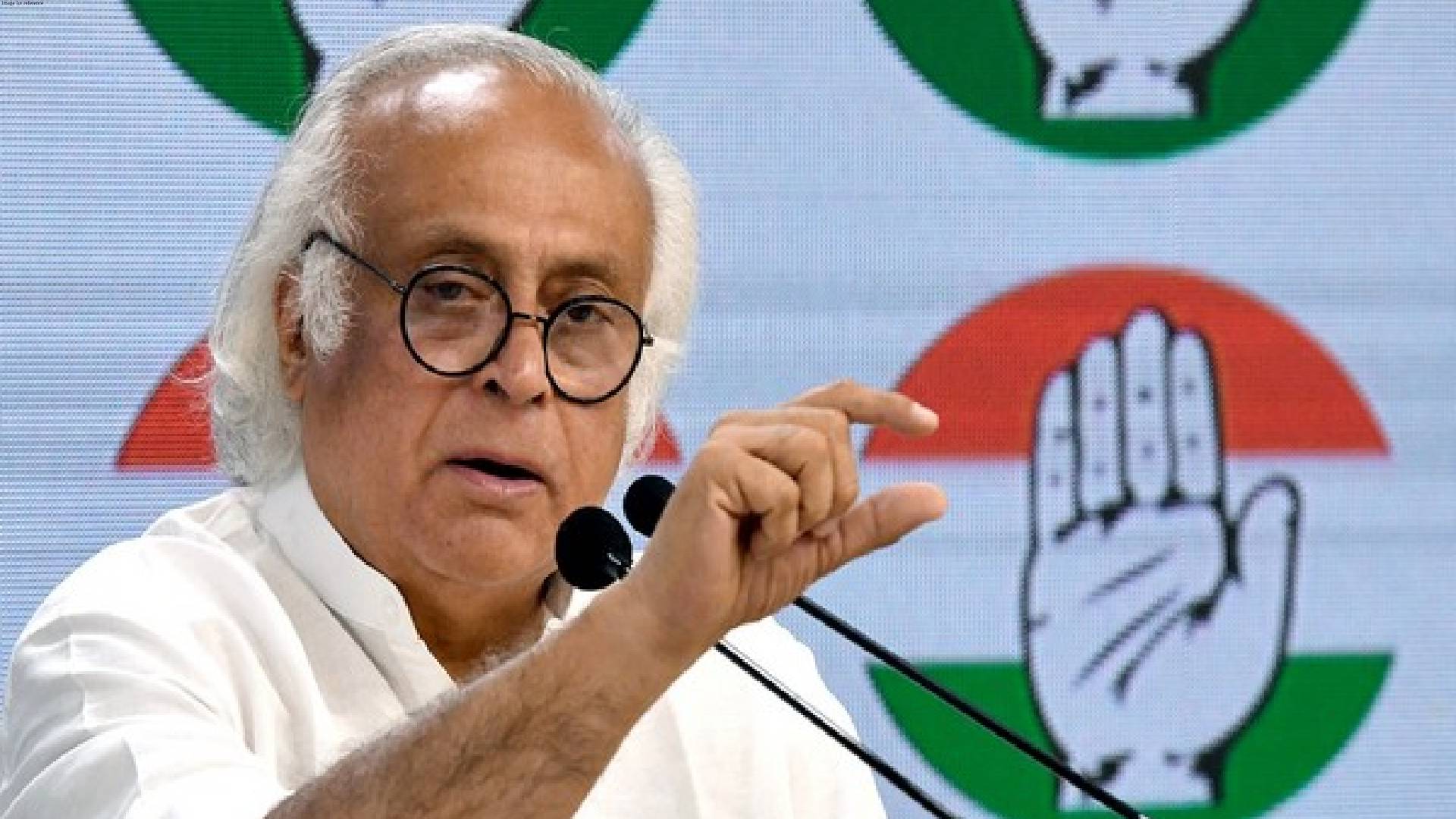
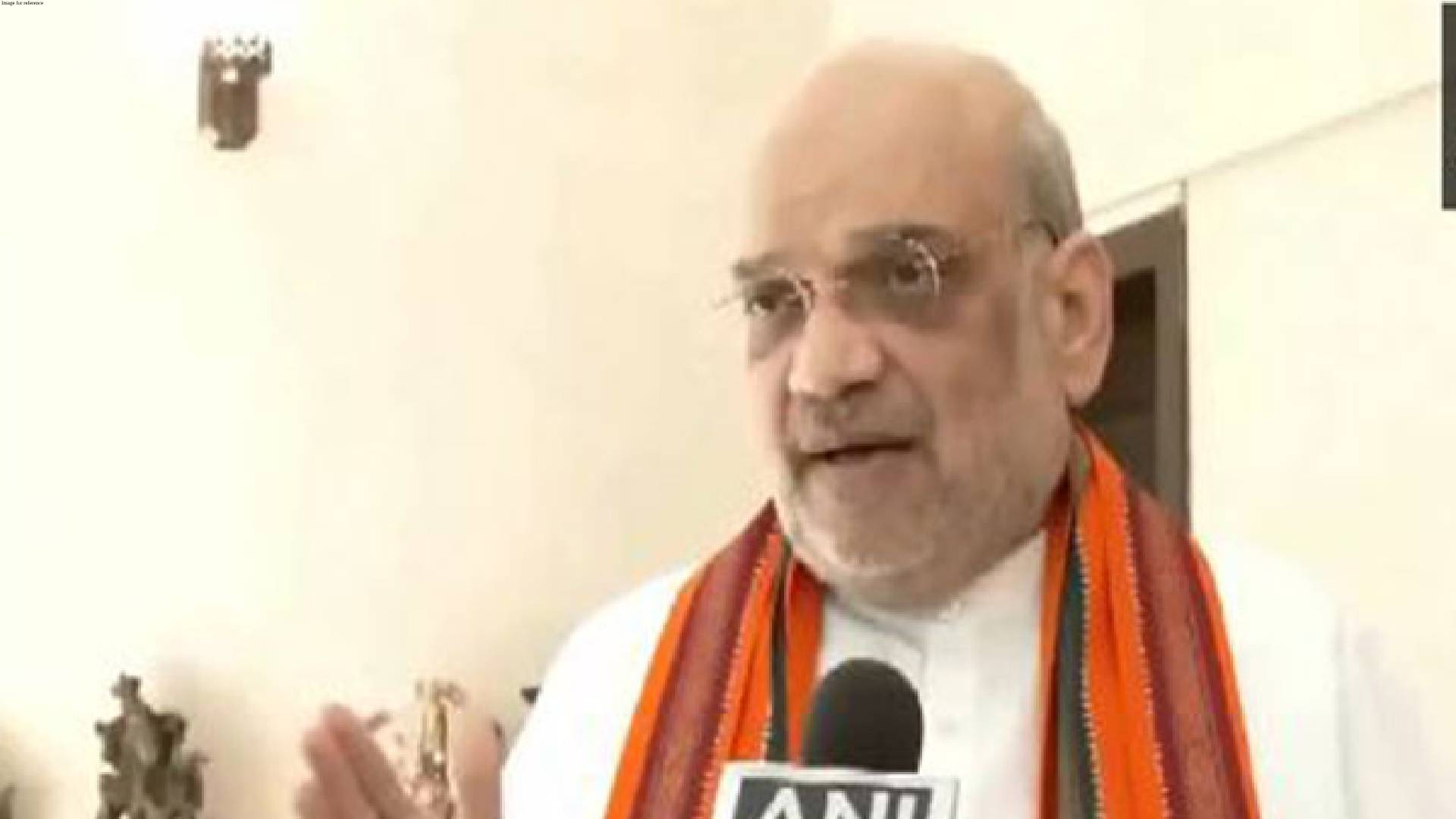
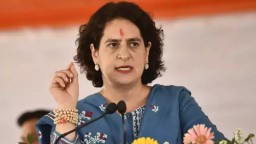
.jpg)

.jpg)
.jpg)
.png)
.jpg)
.jpg)
